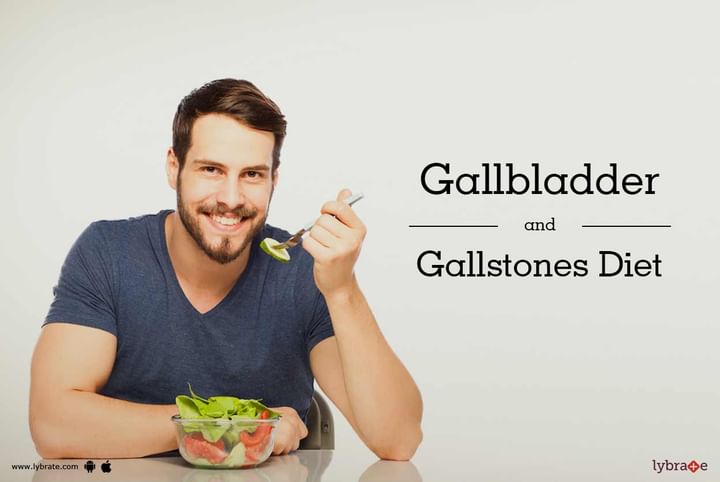Gallbladder and Gallstones Diet
What do you need to know about your diet if you have gallstones or a gall bladder removed?
When you have a problem with your gallbladder, like gallstones, the doctor may recommend a gallbladder surgery for gallbladder removal. Your gallbladder is an organ that you can live without, but some people need to avoid certain foods after gallbladder removal.
What is the function of a Gallbladder?
The gallbladder is a small organ that sits under your liver. It stores, concentrates and helps secrete bile that helps digest fatty foods.
Bile is made in the liver and stored in the gallbladder until ready to be used to help in the process of digestion. When we eat, this signals the gallbladder that bile is needed. The gallbladder contracts and pushes the bile down into a duct that carries it to the small intestine, where it breaks down any fats eaten.If the bile becomes too concentrated or ‘supersaturated’, substances in the bile can harden and form small stones that look like gravel. They can range in size from a tiny seed to as large as a golf ball.
Generally, they are made up of cholesterol (a type of blood fat) but can include calcium and/or bile pigments. Gallstones take years to form. If you need to have surgery to remove your gallbladder, your liver still makes enough bile for normal digestion. Despite of the fact stated above, it is not unusual for people to have difficulties in food digestion post gallbladder surgery. The common problems experienced are bloating, diarrhea and gastric problems after eating fatty foods. You need to avoid FAT, Spices and GAS Producing Foods in large quantities:
- Cheese
- Ghee and Oil
- High FAT meats
- High FAT dairy products
- Fried Foods
- Cabbage
- Cauliflower
- Seeds and Nuts
- Whole grain products
- Sprouts
Suggested Intake:
- A low fat diet includes a wide range of foods such as vegetables, potato and legumes such as lentils and kidney beans, all varieties of bread, pasta and rice with oil free sauces, grilled or steamed fish or skinless chicken, grilled lean meat and low fat milk or soy drinks.
- Drink plenty of water (eight to ten glasses a day). Consult a nutritionist for a proper diet plan to start with after surgery and then gradually increase the intake. Stay Healthy!



+1.svg)
